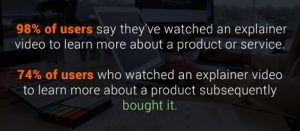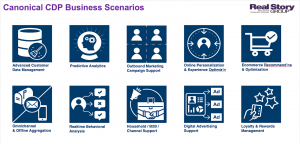This week, Saba and WorkforceTrends.com announced findings of their Employee Development Survey of 2,000 HR leaders and employees across the U.S. and the UK on their employment priorities. The results pointed out a few disconnects that could be difference-makers.
#1. Where’s the Path?
A whopping 60% of HR leaders polled feel they provide their employees with a clear career path. But only 36% of employees agreed.
There are likely a few factors at play here.
First is communication. Many HR teams create job “families” that show the advancement from an entry-level job in a specific role to more and more senior roles in the same job type. But just because the descriptions are developed doesn’t mean that a) they are actually easily available for employees to see and b) that they will be relevant for long. Today’s dynamic business environment, rife with reorganizations, mergers and acquisitions, can quickly render the best articulated career paths moot.
Second, the defined career “ladder” of the 80s where employees moved sequentially from point A to B to C is not necessarily of interest to employees — or more progressive management — these days. With estimates that today’s college grads will have a dozen different roles by the time they are in their 30s, it is incumbent on their employers to likewise offer alternate career options. If employees could explore career development options vs. being sent down a pre-set path, it could set their companies up for a much longer run with them.
#2. Want to Engage Me? Just Ask
Employee engagement — that connection that keeps great people actively interested and contributing their best in their jobs — is the biggest HR challenge of companies today according to the Deloitte Human Capital Trends 2015 report.
Yet, HR managers polled this month said that their best lever to learn about their people is through their managers. Likely, via — at best — an annual performance assessment, which is often too little, too late. This is also a perspective skewed toward only looking at the individual in their current performance in a specific role. Conversely, employees said they would be open to providing their employers much more data about themselves if that afforded them the chance to advance and thrive in their current companies — now and in the future.
Employers needn’t rely on a manager’s gut check. Here are the top-ranked types of data that employees are willing to share:
-Background/experience not currently tapping in present role
-Personal goals and values
-What motivates me
-Potential
-Career aspirations
In the very volatile global job market, the power position has definitely turned to the well-trained and well-connected employees. But that doesn’t mean defection is a fait accompli.
In a world where Amazon and Netflix can pretty reasonably recommend shopping and entertainment options that I would like, so too can some HR software offer personalized suggestions. For example, the Talent Management solution from my employer, Saba, actively “listens” through my interaction with it, to help business leaders offer career options and insights that would be more likely to engage me — and engage me now.
What doesn’t your boss know about you that would keep you longer at your current company?
Business & Finance Articles on Business 2 Community(58)
Report Post







